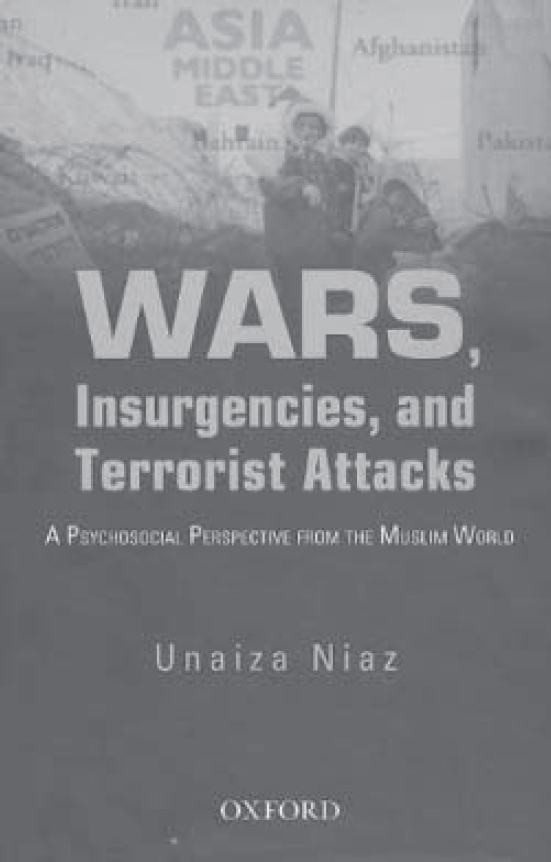
The terrorist attack on the World Trade Center on 11 September 2001 changed the lives of many people throughout the world and resulted in further destruction and trauma. Apart from leading to wars and violence in Iraq, Afghanistan and Pakistan, it also possibly led to the recent wave of public awakening and a drive towards democracy in the Middle East. The cycle of violence and hatred does not seem to stop, however, and religion is being used once again. Thousands have lost their lives. Millions have been left traumatised. It is the right time that people think about the causes of the current conflict, especially those living in the Muslim world.
I therefore read with interest this book by Unaiza Niaz and co-authors, who have attempted to objectively look at the political and psychosocial causes of terrorism, insurgencies and wars in the Muslim world. They have even gone a step further and tried to clarify some of the misinterpretations of Islam in this area by quoting examples from the Quran. The book takes a balanced approach to describing the causes and consequences of terrorism. It highlights the cost of the wars and terrorism that is paid by civilians and especially the damage to more vulnerable groups, such as women and children. The book tries to answer some of the common questions, for example, why terrorism is more prevalent in Muslim societies and why most terrorists come from a Muslim background. The authors promote the thesis that the underlying cause might not be just misinterpretation of Islam, but a deep unrest in the Muslim world caused by lack of freedom and democracy and a rule of oppressive regimes that are sometimes supported by the West. The terrorist attacks might be a projection of the miserable lives of the people in these countries. The book also suggests that implementing justice and democracy, equal distribution of wealth, addressing poverty, disease and illiteracy will be more helpful in dealing with terrorism. As such I recommend this book not only to mental health professionals, but also to the lay public.



eLetters
No eLetters have been published for this article.